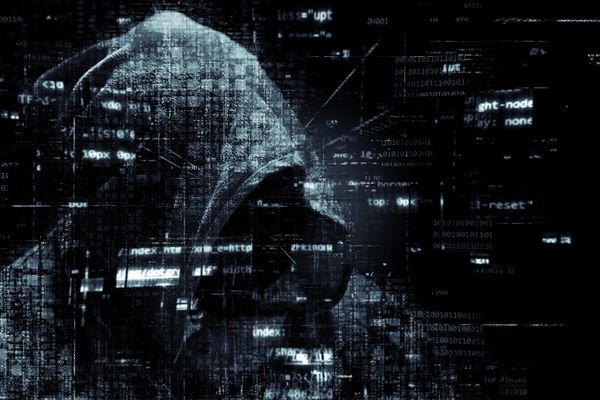What is the Dark Web?

The dark web is a part of the Internet that can be reached using specific software technology that offers anonymity. Websites in this space are open to public access but are not indexed by web search engines. Their IP addresses are hidden, which makes it difficult to learn where they are hosted.
Typically associated with illegal activities, the dark web has its legitimate uses, too. Activists and whistleblowers often rely on it for anonymity, as do other users fearing surveillance. Reputable publications and communication services also have mirrors on the dark web to be accessible even from countries where normal access to their resources is blocked.
This anonymous communication between users and the destination servers is possible through tens of thousands of computers in a network that forward traffic to one another to encrypt and anonymize it from one point to another. Typically, this is done using the Tor software, but other solutions exist.
Unlike normal websites, locations on the dark web have no human-readable domain name, end with the .onion extension, and don”t load directly in regular browsers. Most often, Tor Browser is used to connect to the Tor network and access the resources it relays.
Depending on what you are looking for, reaching certain websites in the dark web can be difficult unless you already have their address. Specialized search engines indexing content from this part of the web can be helpful but not all operators of hidden services want to be visible so their content and resources remain available to a smaller number of users.
Can I remove data from the Dark Web?
The dark web offers anonymity, but not to victims of identity theft. No rules apply to this part of the Internet, which is often used to share and trade resources for illegal activities. Private data appearing in this space is entirely at the disposal of whoever holds it.
Obscured by the anonymity of the dark web, operators of hidden services and users are free to disregard the regulations governing the clear net – the regular online space indexed by web search engines and accessible without special software.
Cybercriminals constantly exchange and trade sensitive information derived from data breaches and cyber incidents on the dark web. Because this data is commonly used for identity theft, services that watch this online space can alert people when their details are used fraudulently.
Some users have the false impression that these monitoring services also let them remove their info from the dark web. The truth is that cybercriminals can privately trade the databases between them and no one would find out until an incident involving those details is investigated.
While you can”t stop your personal details from being sold on the dark web, simply knowing this can drive you to take action that could limit the damage. This is possible particularly with data that can be changed, like phone numbers, login credentials, payment card data, or even social security numbers.
Check if your personal info has been stolen or made public on the internet, with Bitdefender”s Digital Identity Protection tool.
tags
Author
Alina is a history buff passionate about cybersecurity and anything sci-fi, advocating Bitdefender technologies and solutions. She spends most of her time between her two feline friends and traveling.
View all postsRight now Top posts
How to Protect Your WhatsApp from Hackers and Scammers – 8 Key Settings and Best Practices
April 03, 2025
Outpacing Cyberthreats: Bitdefender Together with Scuderia Ferrari HP in 2025
March 12, 2025
Streamjacking Scams On YouTube Leverage CS2 Pro Player Championships to Defraud Gamers
February 20, 2025
How to Identify and Protect Yourself from Gaming Laptop Scams
February 11, 2025
FOLLOW US ON SOCIAL MEDIA
You might also like
Bookmarks







